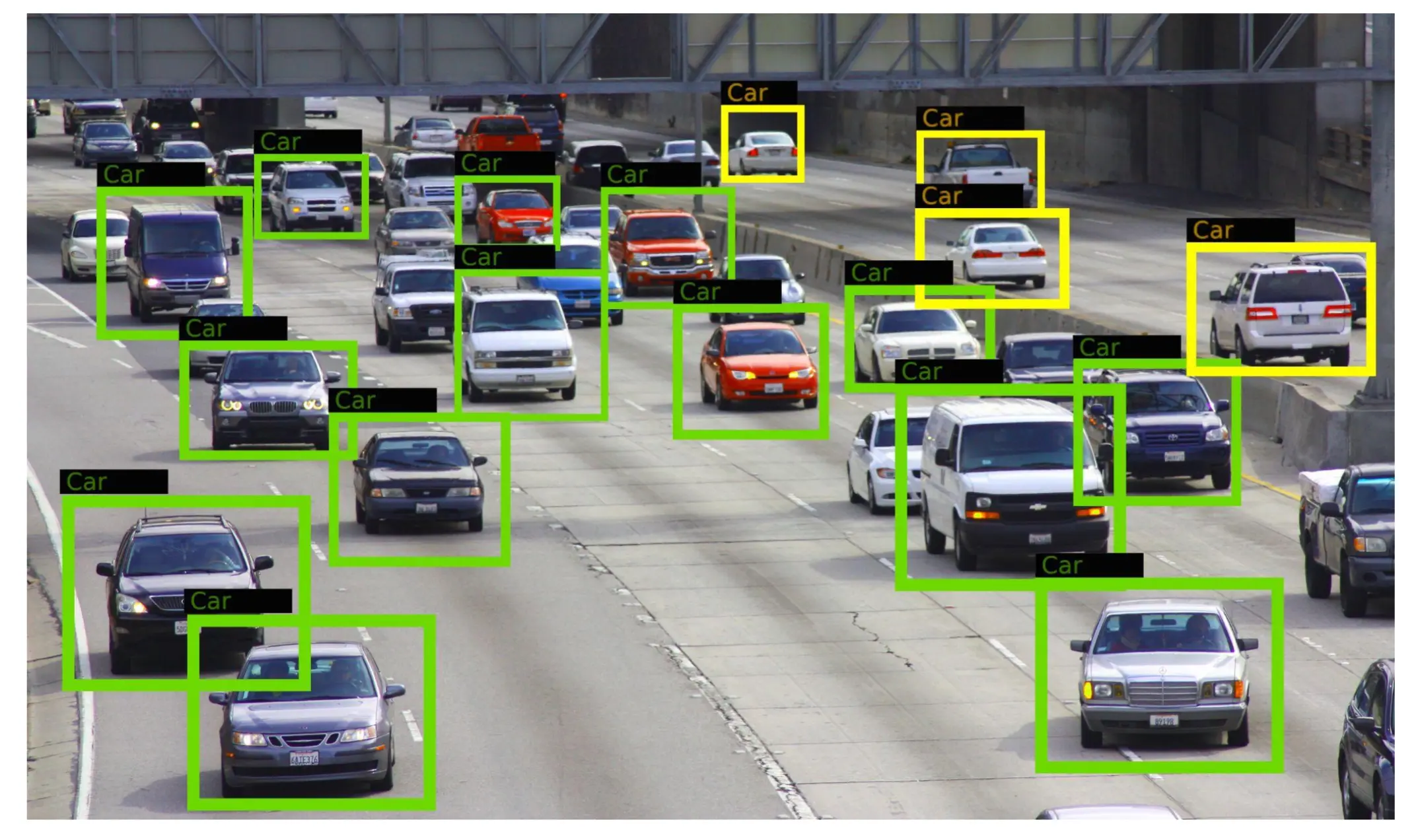- Publication: KPMG
- Publication Date: 2023
- Organizations mentioned: Microsoft, Alphabet, Amazon, OpenAI, IBM
- Publication Authors: Todd Lohr, Elliot Brook, Steve Chase, Sreekar Krishna, Ph.D., Mark Shank, Per Edin, Bryan McGowan, Emily Frolick
- Technical background required: Low
- Estimated read time (original text): 60 minutes
- Sentiment score: 70%, Somewhat positive
The report by KPMG investigates how leaders perceive generative AI’s potential impact on business and society, focusing on implementation strategies and challenges.
TLDR
Goal: This report by KPMG aims to understand how business leaders perceive the potential impact of generative AI on businesses and society. It focuses on the strategies for implementing this technology and the challenges it presents. The context for this study arises from the rapid advancement in AI technologies and their increasing integration into various business processes.
Methodology:
- KPMG conducted an online survey from March 17-31, 2023, with 300 global business executives to explore their views and trends on generative AI.
- The survey encompassed questions about the transformative impact and applications of generative AI, covering perception and strategic intent, applications, technology challenges and opportunities, and impacts on risk management and workforce.
- The respondents represented a diverse mix of industries and functions, all from businesses with revenues over $1 billion. They included executives from six key industries, with a majority being C-suite or higher and VP/SVP level roles, predominantly from the US.
Key Findings:
- A significant majority of executives (77%) believe generative AI will substantially impact businesses.
- 73% of leaders anticipate a major increase in workforce productivity due to AI.
- 71% of respondents are rapidly moving towards adopting AI solutions within the next two years.
- Despite optimism, 92% of executives acknowledge both the opportunities and risks associated with generative AI.
- 64% view generative AI as a crucial factor for gaining a competitive edge in business.
- The report highlights a strong interest in AI across various industries, with a focus on strategic implementation.
Recommendations:
- Embrace generative AI quickly to gain first-mover advantages. Early adoption will highlight resource gaps and surface early risk indicators, beneficial for strategic planning.
- Develop a clear vision for generative AI integration. Success depends on aligning generative AI capabilities with the overall business strategy, addressing unique opportunities and risks.
- Adaptability is key in tech transformation. Designate a leader for cross-enterprise coordination of generative AI, focusing on learning from pilots and prioritizing investments.
- Balance the benefits of generative AI with its risks. Establish clear governance structures for its responsible use, considering ethical, financial, and reputational implications.
- Manage the workforce implications of generative AI. Focus on communication about job transformations and re-skilling, positioning generative AI as a tool to enhance human capabilities.
Thinking critically
Implications:
- Economic and Competitive Landscape Shift: If organizations broadly adopt generative AI as suggested, it could lead to a significant transformation in the competitive business landscape. Companies that adapt quickly may gain a substantial edge, potentially creating a wider gap between tech-forward and traditional firms, influencing market dynamics and potentially leading to a new era of digital monopolies or oligopolies.
- Workforce Transformation: Widespread adoption of generative AI could revolutionize job roles and skill requirements across industries. While it may enhance productivity and create new types of jobs, there’s also the risk of significant job displacement, leading to social and economic challenges such as increased unemployment or the need for large-scale retraining programs.
- Ethical and Governance Challenges: Implementing generative AI as recommended would necessitate a focus on ethical considerations and governance. This could lead to the establishment of new norms and regulations around AI use, impacting business operations and societal values regarding privacy, data use, and ethical AI.
Alternative Perspectives:
- Questioning Adoption Speed: The report suggests rapid adoption, but this might overlook the complexities and risks involved in integrating generative AI. Organizations could face unforeseen operational and ethical challenges, suggesting a more cautious, step-by-step approach might be prudent.
- Overestimation of AI Capabilities: The report’s optimistic view on generative AI might overestimate its current capabilities and underestimate the time and investment needed for meaningful integration, leading to unrealistic expectations and potential financial risks for businesses.
- Bias in Survey Sampling: The focus on large organizations (revenue over $1 billion) may not accurately reflect the challenges and opportunities for smaller businesses, potentially skewing the recommendations towards larger, more resource-rich organizations.
AI Predictions:
- Rapid Evolution of Business Models: Generative AI will likely accelerate the evolution of business models, especially in sectors like healthcare, finance, and manufacturing, leading to more personalized and efficient services.
- Increased Demand for AI Governance: As generative AI becomes more prevalent, there will be an increased demand for AI governance frameworks, focusing on ethical use, data privacy, and mitigating biases in AI models.
- Shift in Workforce Dynamics: Generative AI will likely result in a significant shift in workforce dynamics, emphasizing the need for digital literacy and AI skills, while also creating new roles focused on AI oversight, ethics, and integration.
Glossary
- AI Governance: The legal and ethical frameworks and policies guiding the development and use of AI technologies.
- Digital Literacy: The ability to use information and communication technologies to find, evaluate, create, and communicate information.
- AI Ethics: The field of study concerning the moral implications and societal impacts of artificial intelligence.
- AI Algorithms: Procedures or formulas for solving problems, specifically in the context of artificial intelligence, where these algorithms are used to process, analyze, and make decisions based on data.
- Deep Learning: A subset of machine learning in AI that uses neural networks with many layers, allowing machines to improve their accuracy and performance in tasks such as image and speech recognition.
- Quantum Computing: A type of computing that uses quantum-mechanical phenomena, such as superposition and entanglement, to perform operations on data, potentially enabling certain computations to be performed much more quickly than with classical computers.
Figures
Members also get access to our comprehensive database of AI tools and fundraising

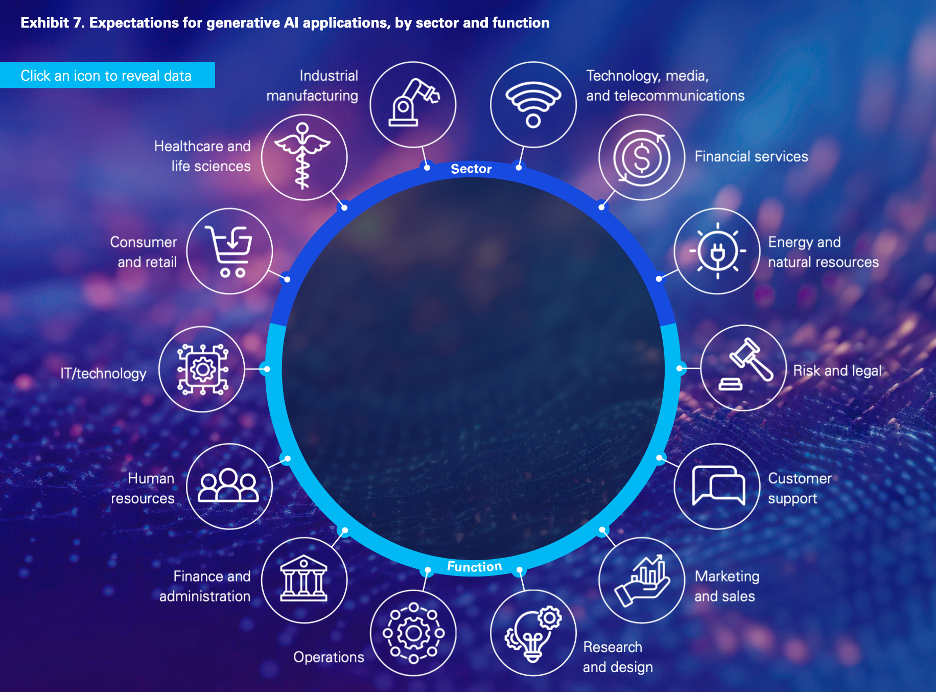

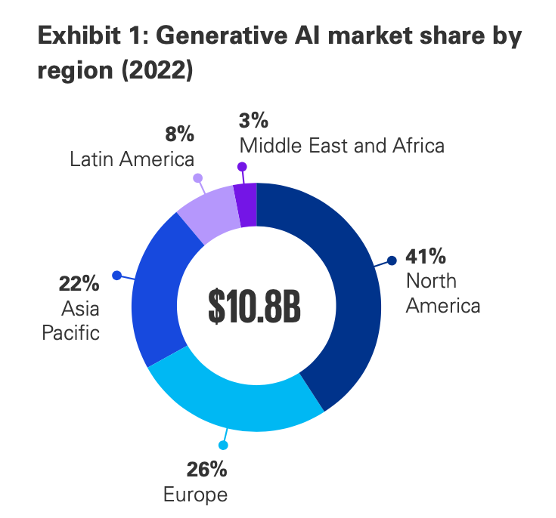
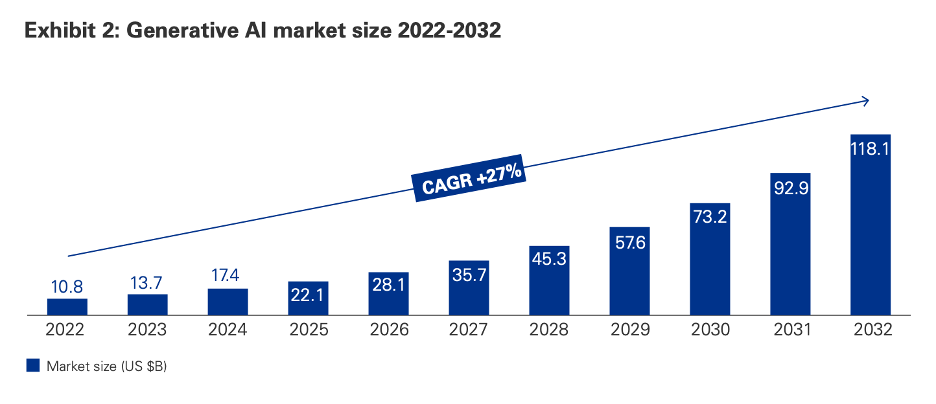
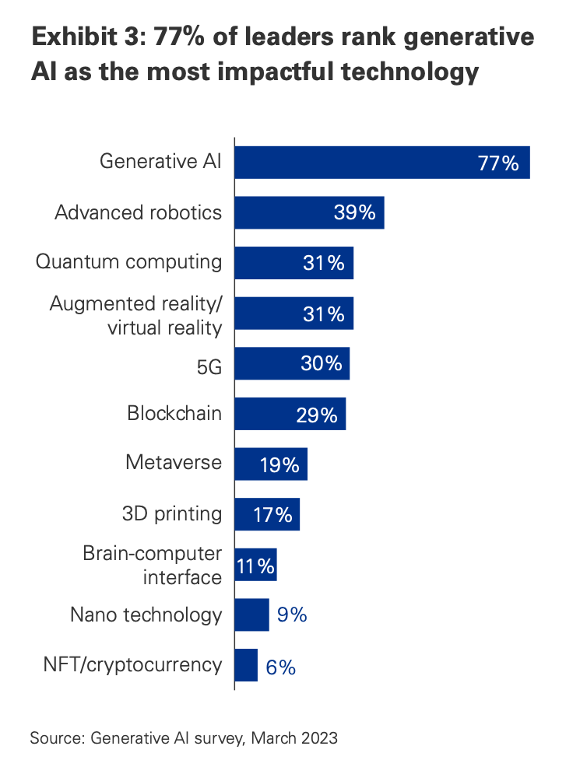
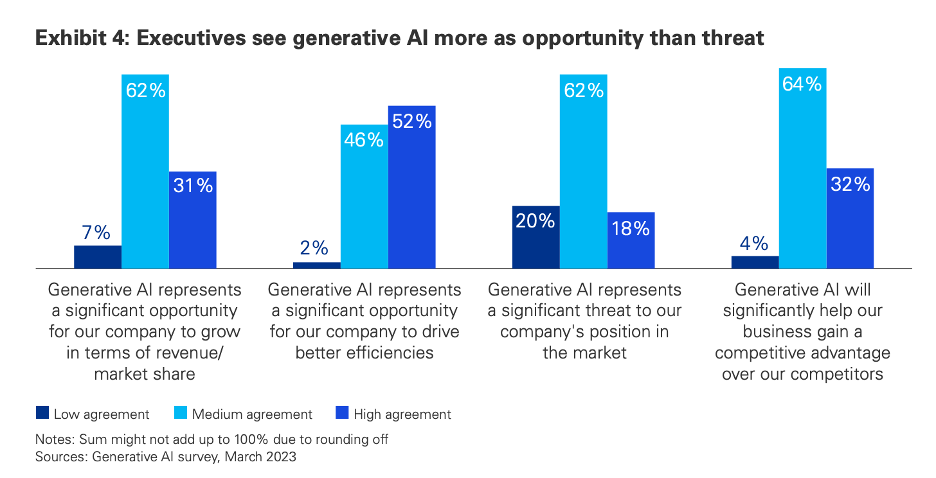
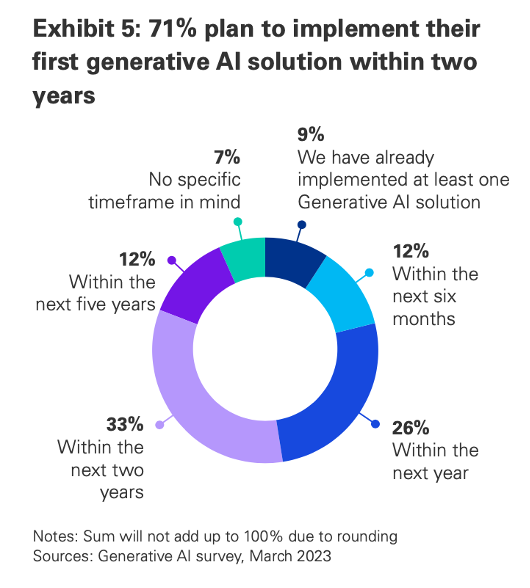
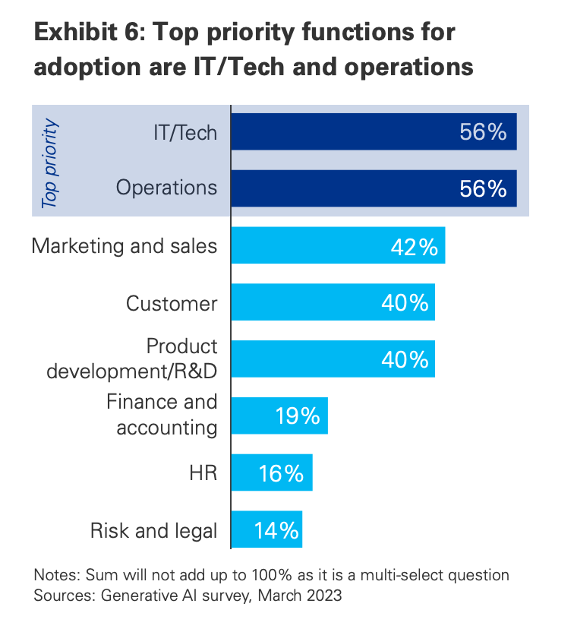
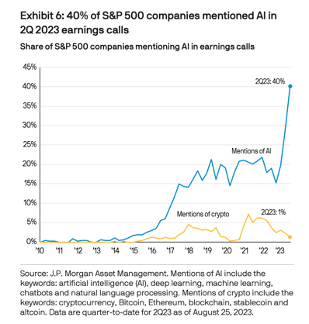
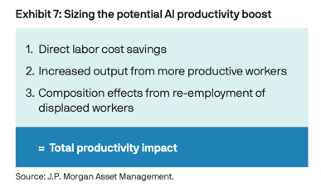
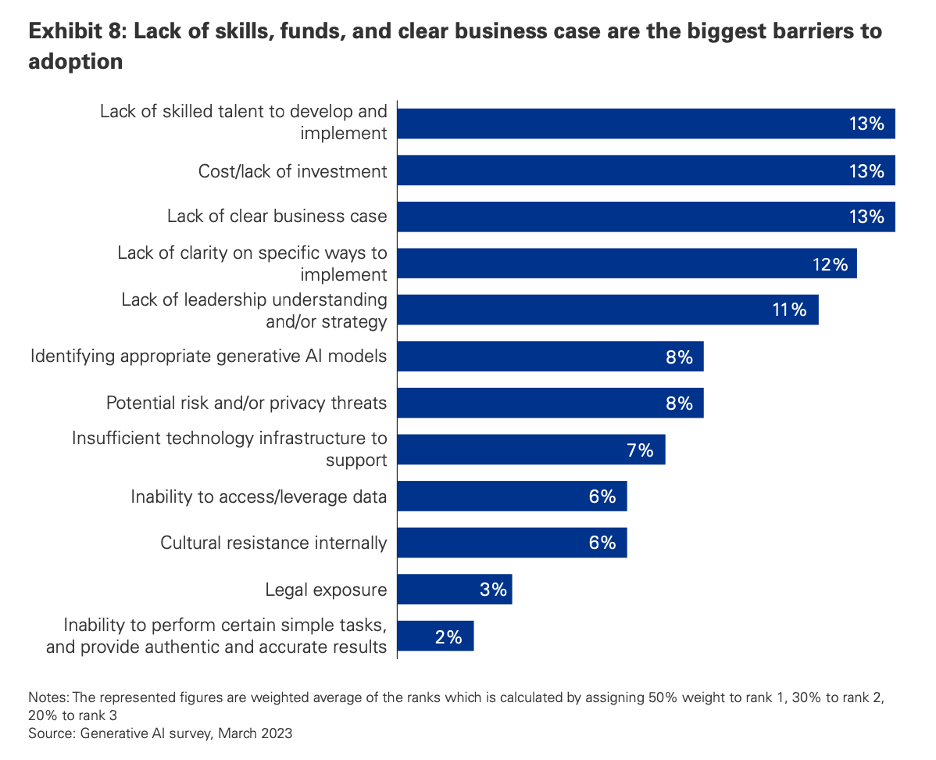
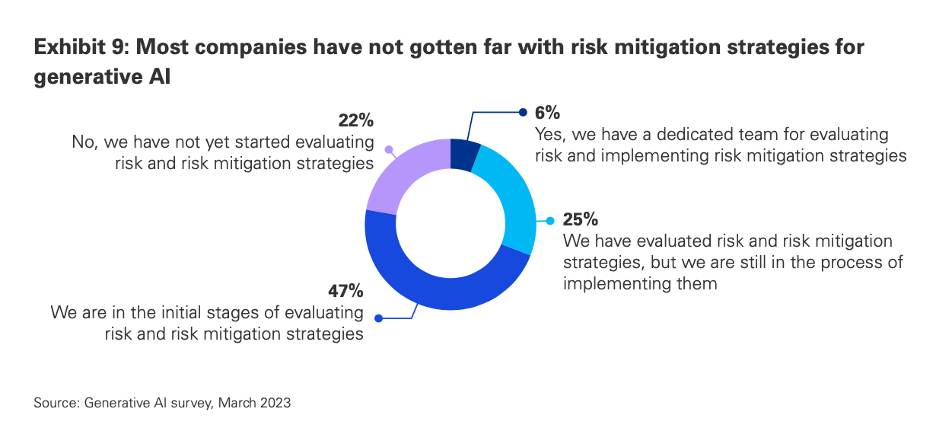
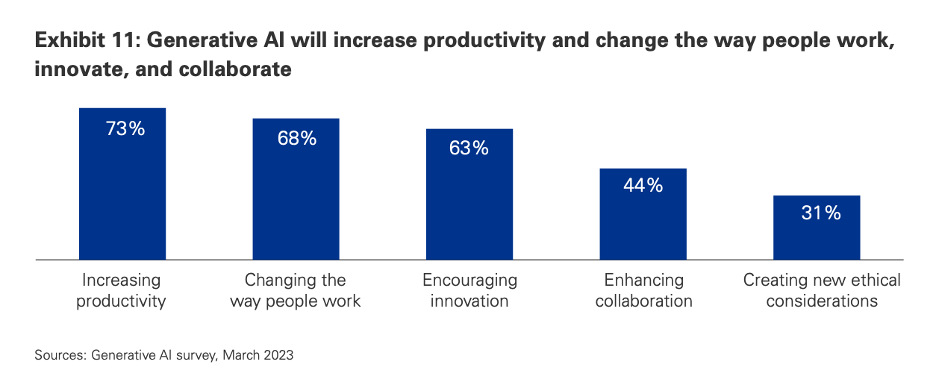
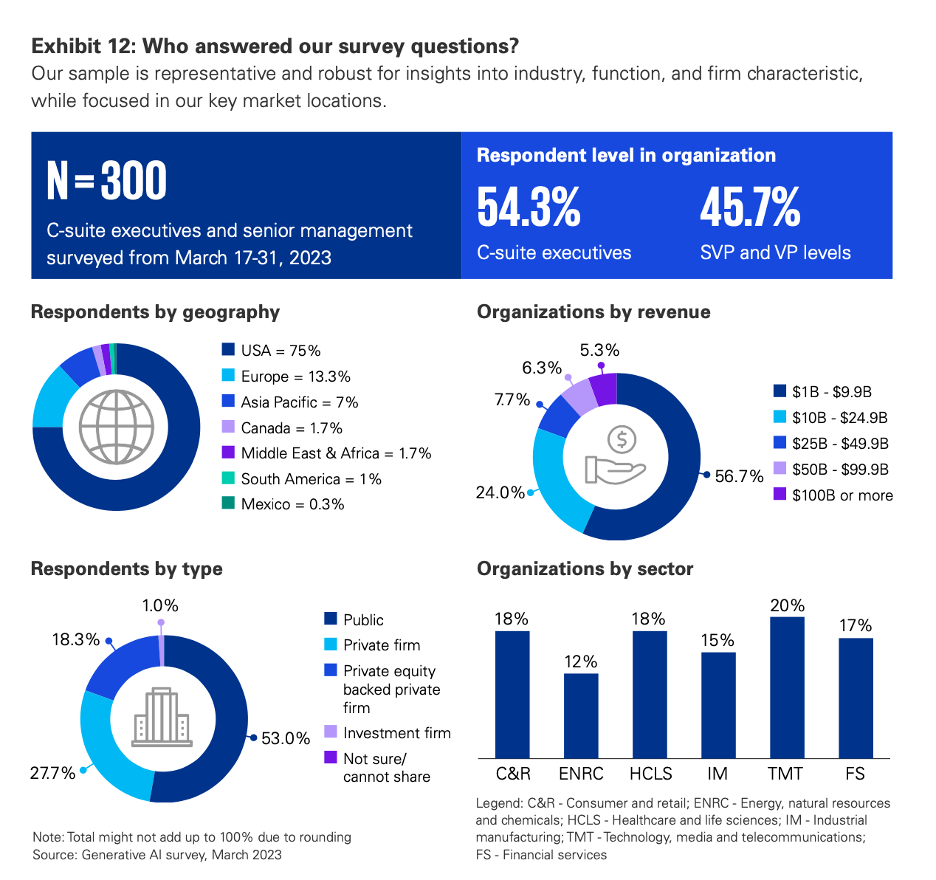
 Join hosts Anthony, Shane, and Francesca for essential insights on AI's impact on jobs, careers, and business. Stay ahead of the curve – listen now!
Join hosts Anthony, Shane, and Francesca for essential insights on AI's impact on jobs, careers, and business. Stay ahead of the curve – listen now!


